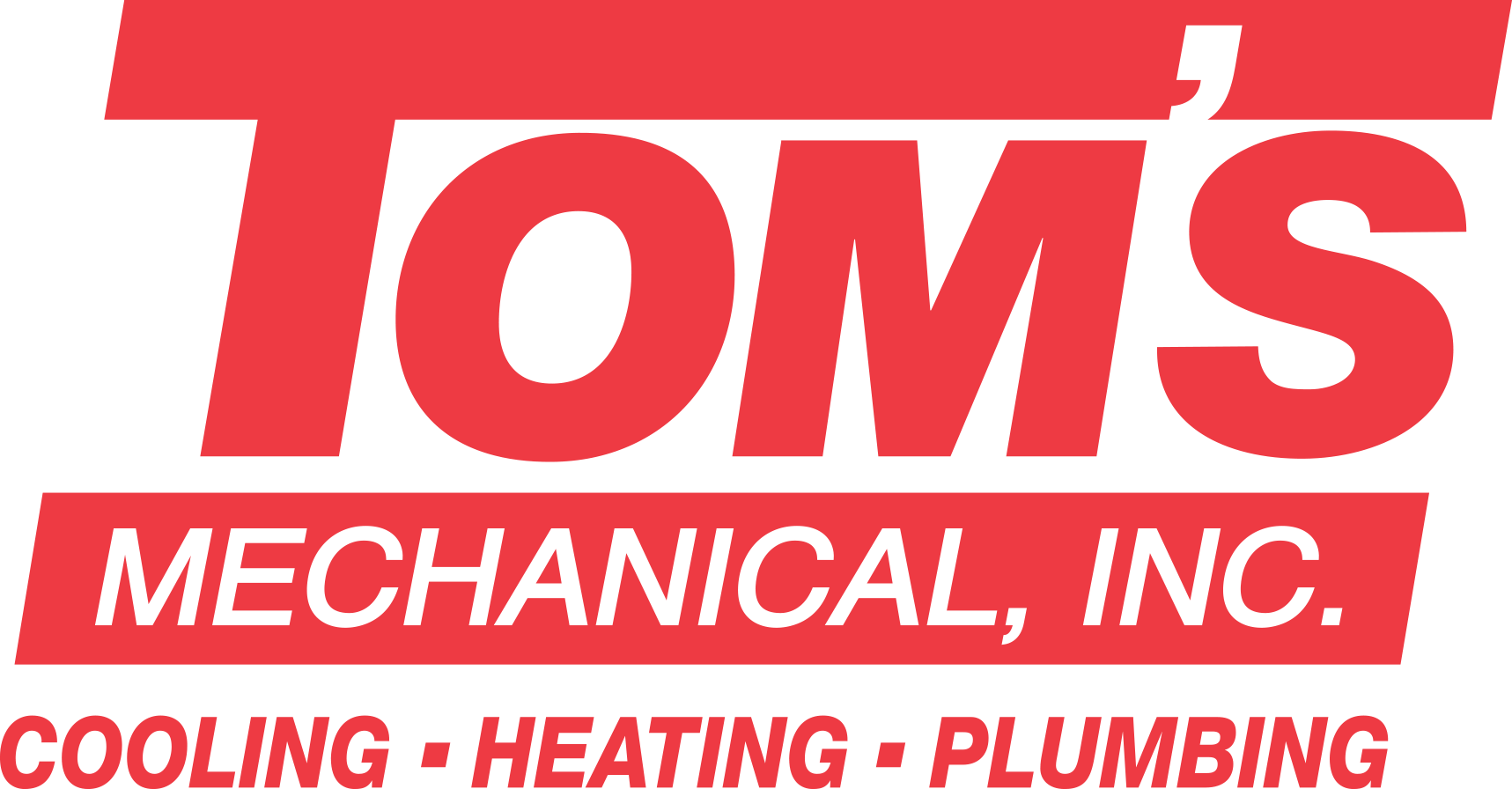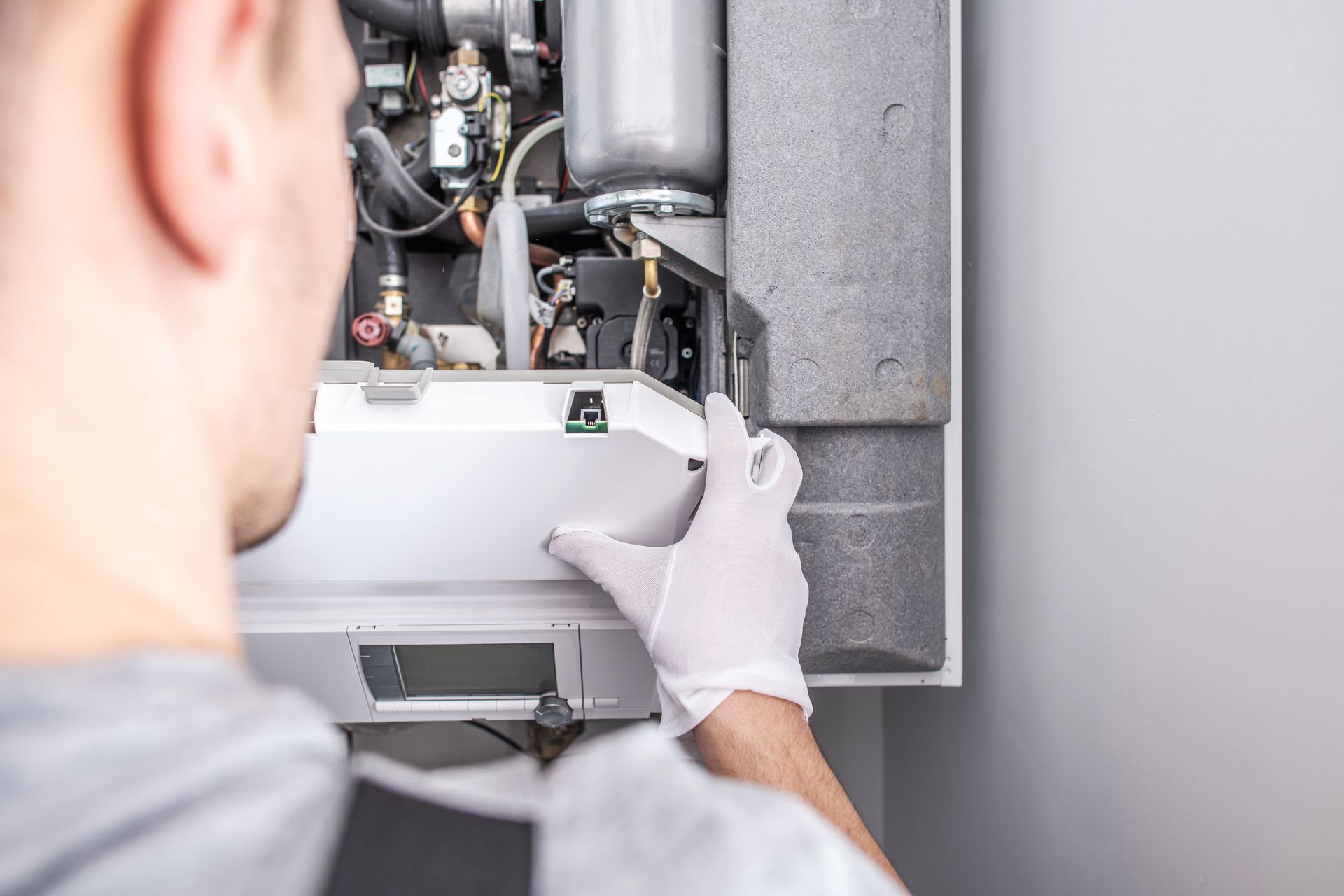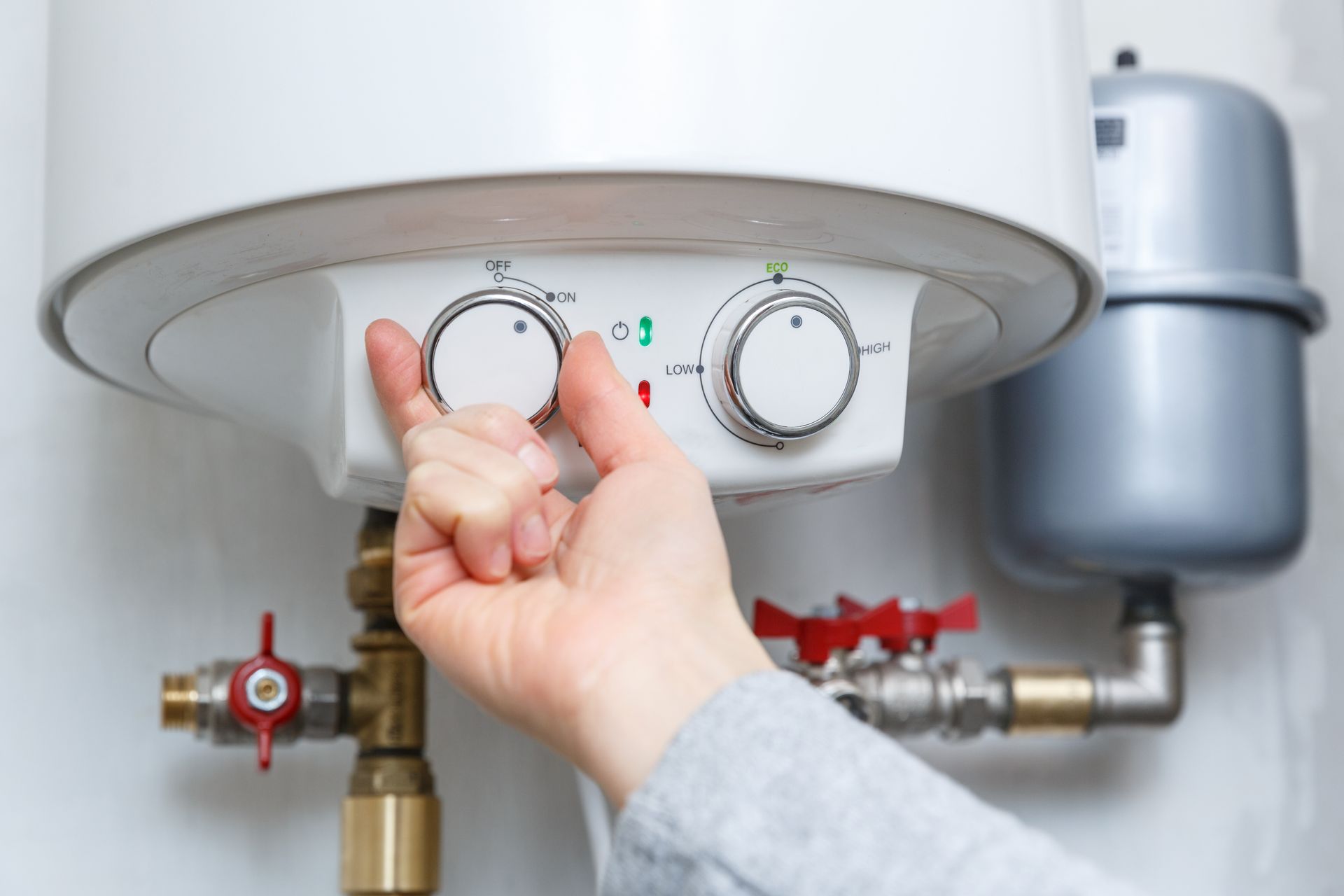Why Ignoring Minor HVAC Noises Could Cost You Big

When your furnace, air conditioner or heat pump starts making unusual noises, it's trying to tell you something. Many homeowners ignore these sounds, assuming they're just a temporary hiccup. However, what seems minor now could lead to costly repairs or even a complete system failure down the line.
Common HVAC Noises and What They Mean
Banging or Clanking
This could indicate loose or broken components, such as a fan blade, motor mount or connecting rod. In extreme cases, it might signal that your blower assembly or motor is out of balance.
Left unaddressed, these loose components could damage other parts of your system, leading to more extensive repairs.
Screeching or Squealing
High-pitched squealing often points to issues with belts or bearings in the motor. It might also mean that the fan motor is on its last leg. A snapped belt or failed motor could leave you without heat or air conditioning during winter or summer.
Rattling
Rattling might result from loose screws, panels or ductwork. It could also mean debris has made its way into your system. Loose parts or debris can interfere with airflow or damage sensitive components, compromising efficiency and causing long-term damage.
Hissing or Whistling
These sounds often indicate a refrigerant leak, which reduces your system's cooling efficiency and can be harmful to the environment. Hissing could also signal ductwork leaks or a failing expansion valve.
Refrigerant leaks can strain your system, leading to higher energy bills, uneven cooling and eventual compressor failure. Duct leaks can also hamper proper air distribution and force your system to work harder.
Clicking
A clicking noise when your system starts or stops may be normal. However, if you begin to hear a clicking noise that isn’t normally present on system startup, you should call an air conditioner or furnace technician. Constant clicking might indicate electrical issues, such as a failing thermostat, relay or control panel.
Electrical problems can prevent your HVAC system from operating properly or even pose a fire risk if ignored.
Buzzing
Buzzing noises often stem from electrical problems, such as a failing capacitor, loose wiring or an aging compressor. Ignoring electrical issues can lead to system breakdowns and even safety hazards.
Why You Shouldn’t Ignore the Noises
Minor Repairs Can Prevent Major Problems
HVAC issues rarely resolve themselves. What starts as a loose bolt or worn belt can escalate into a more significant problem, such as a damaged motor or compressor. Prompt repairs help keep small issues from turning into costly disasters.
Unaddressed Issues Drain Efficiency
A noisy HVAC system often indicates that something isn’t working as it should. When components struggle, your system must work harder, leading to higher energy bills and reduced comfort.
Safety Risks
Certain noises, such as buzzing or hissing, may indicate electrical issues or refrigerant leaks. These are not only harmful to your system but can pose safety hazards for your family.
Longer System Lifespan
Regular maintenance and prompt repairs help extend the life of your HVAC system. Ignoring problems can lead to frequent breakdowns and the need for premature replacement.
Preventative Advice to Keep Your HVAC Running Smoothly
Schedule Regular Maintenance
Routine tune-ups performed by a professional HVAC technician can catch issues before they escalate. During regular inspections, a maintenance technician will check to make sure that belts, motors and other components are in good shape.
Listen to Your System
Be attentive to changing noises coming from your HVAC system. A sudden noise that isn’t normally there, no matter how minor, is often the first sign of trouble.
Keep Filters Clean
Dirty air filters can strain your system and lead to poor airflow, increasing the likelihood of unusual noises and system damage. Check and replace filters every one to three months, particularly during heavy-use seasons.
Inspect Ductwork
Loose or damaged ductwork can cause rattling and reduce your system’s efficiency. Periodic inspections and sealing any leaks can prevent noise and improve air distribution and system performance.
Act Quickly
If you hear an unusual noise, don’t wait for it to worsen. Contact a professional HVAC technician at Tom’s Mechanical Inc. to diagnose and address the problem promptly.
Don’t Let Minor HVAC Noises Turn Into Major Headaches
If your HVAC system is making odd noises, don’t wait until the problem gets worse.
Homeowners in Tarrant County can call Tom’s Mechanical at 817-277-4493 to schedule an inspection and make sure their system is performing properly and efficiently.



